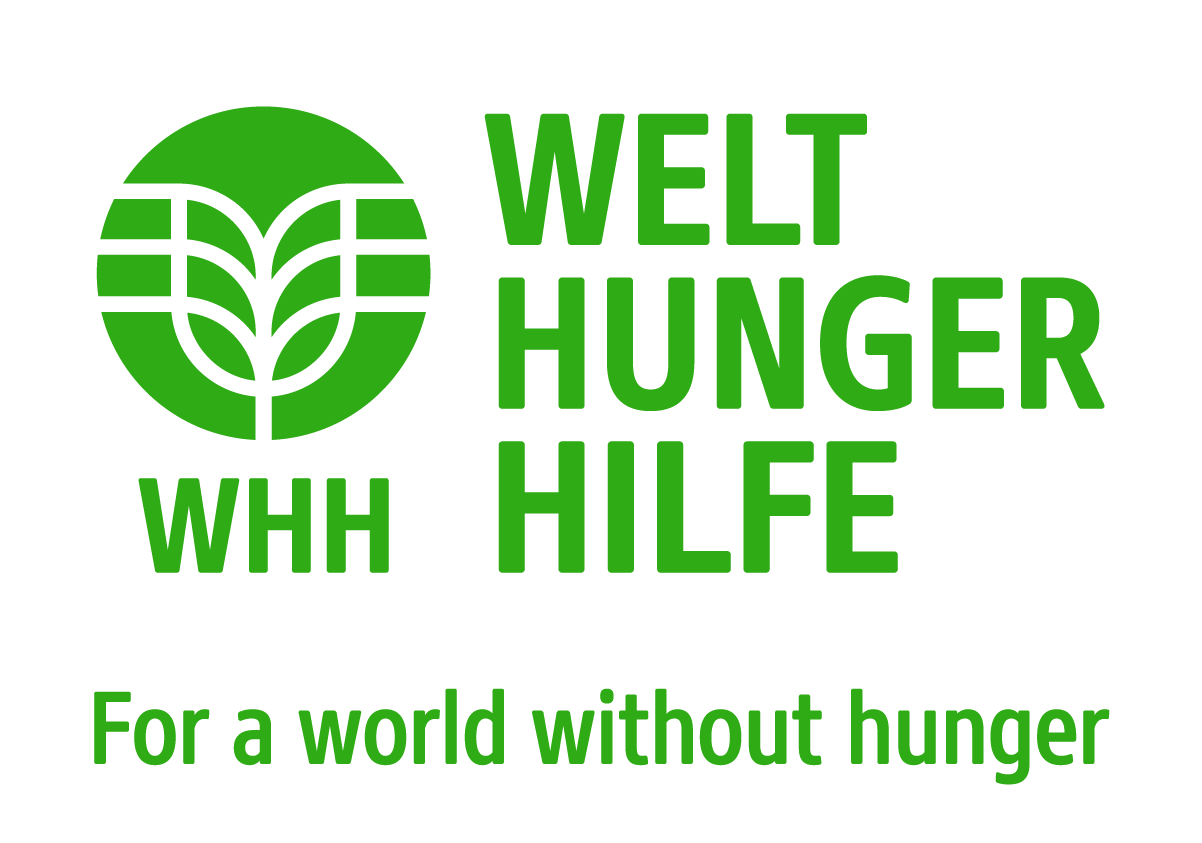Where Hay Meets Hope

Moments of warmth that Mahmoud experiences near her youngest daughter.
March 2025, Afrin, Syria ©Obaida Altarraf Welthungerhilfe
On a calm evening in Afrin, Mahmoud sat on a small stone next to his sheep pen. The sun quietly withdrew towards the horizon, while the sheep gathered around him, searching the dry hay for something to quench their hunger. He looked at them with sorrow in his eyes and thought to himself:
"Even these weak souls are waiting for me, and I have nothing to offer them but patience."
Mahmoud, 29 years old, is a young man from the village of Kafr Naha in western Aleppo, fled with his small family in 2019 to escape the ravages of war. He left behind his home, his land, and his safety to begin a journey of displacement in Afrin, a place where nothing is easy, and nothing is guaranteed.
Accompanied by his wife, his four-year-old daughter, his two-year-old son, his sick elderly mother, and his paralyzed sister, Mahmoud carried the burden of an entire family on his shoulders. He worked at whatever he could find: harvesting olives, cleaning fields, and doing seasonal farming work.
"I ran after livelihood as a child chases the shadow of a bird. I knew it was far, but I had no choice but to chase it."
In the midst of this hardship, he decided to buy a single sheep. It was a risk, but hope prevailed. Little by little, the number of sheep grew from one to two, then three, until he owned twelve sheep and one ram. He began dreaming of a small project that could provide him with stability. However, drought soon arrived, the fodder dried up, prices soared, and he was left with nothing but hay to feed his flock.
The health of the sheep deteriorated, and milk production and quality declined. Mahmoud had to sell three of them to cover his family’s needs and pay for his mother's and sister's medicines. Selling them was difficult because it took away from the little income he depended on.
"I was selling part of my dream to preserve part of my life."

Collaborative care: Mahmoud and the vet checking a sheep together.
March 2025, Afrin, Syria ©Obaida Altarraf Welthungerhilfe
Then, a glimmer of hope appeared in the darkness through the Livestock Assistance Program, implemented by WHH and funded by OCHA – SCHF (Syrian Cross-border Humanitarian Fund). Mahmoud is one of 51 livestock owners supported through WHH’s program in Afrin, which aims to strengthen resilience and self-reliance by enhancing access to livestock support and feed production. He received two vouchers, each worth 250 dollars, to purchase fodder and veterinary medicines. The first voucher was distributed in January 2025, and the second in April.
But more important than the voucher was what he learned in the accompanying training, supervised by a veterinarian. Mahmoud entered the training thinking that everything he knew about sheep farming was sufficient, but left with a newfound understanding:
"I was a shepherd, but now I am a breeder. I understand them, protect them, and care for them."
He learned how to deal with poisoning cases, provide first aid to sheep during birth, administer the right vaccinations, and change the feed. He came to understand the importance of vitamins, deworming treatments.
This wasn't just theoretical knowledge but practical experience that changed how he interacted with his flock.
After the first voucher, Mahmoud purchased high-quality fodder, and the veterinarian provided ongoing support through regular visits to offer medical consultations or assistance when needed. A sheep suffering from poisoning was treated, another with indigestion was helped, and a third that was weak due to parasites was revived.
The health of the flock improved, production increased, and the milk returned to its former quality, perhaps even better.

Mahmoud is guiding his flock in the open field.
March 2025, Afrin, Syria ©Obaida Altarraf Welthungerhilfe
"It wasn’t just the feed that changed the situation, but the knowledge. That’s what made the difference." Mahmoud began selling milk again and was able to provide for his family’s basic needs. Despite the improvements, he still faces challenges ahead, hoping that the purchased items will serve as another step toward stability—especially with the upcoming lambing season and the need to better prepare the pen and care for the flock.

